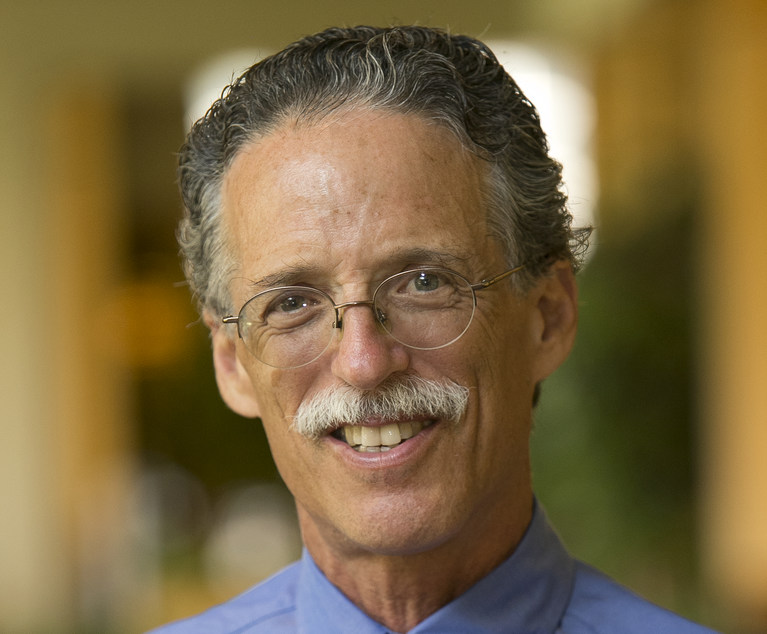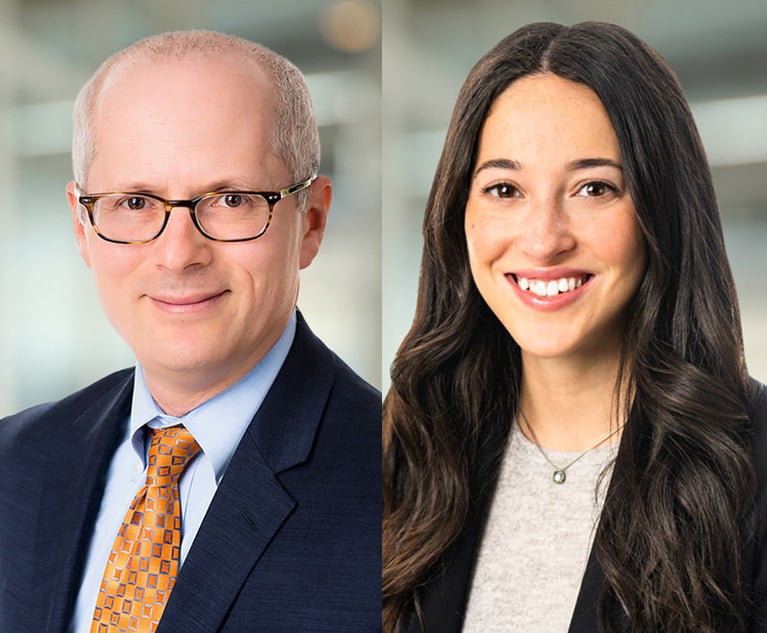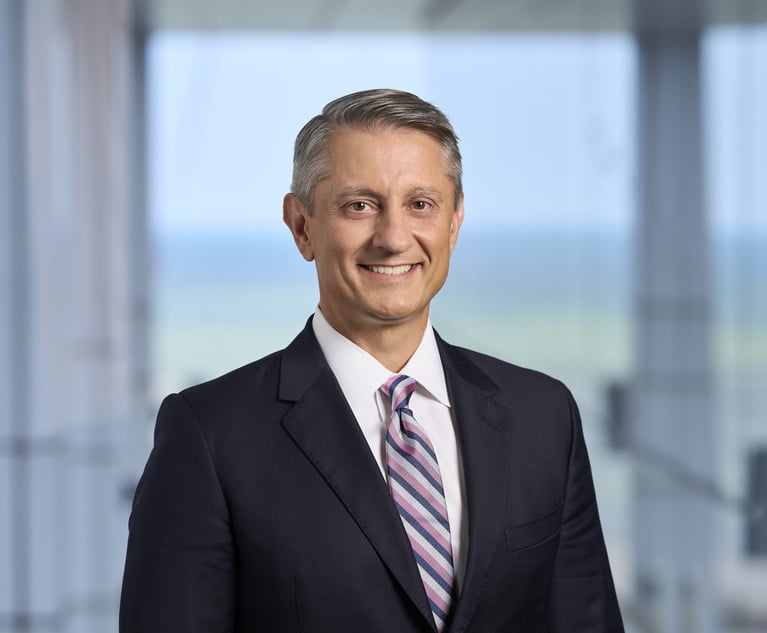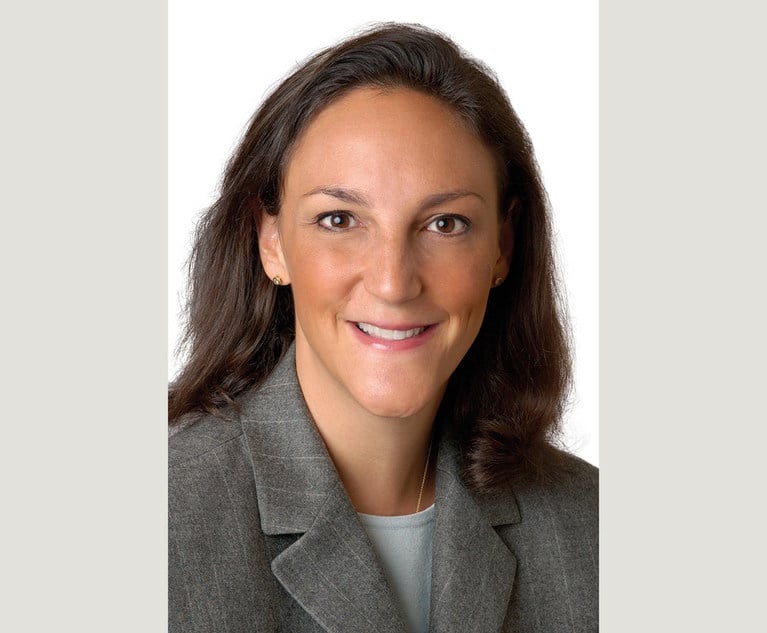May Rule 403 restrict or even lead to the exclusion of expert testimony that passes the Frye test? The answer is “maybe,” and advice from “down under” in Australia suggests that rule as a potent tool. But to assess whether it may be so deployed in Pennsylvania a little history is a necessity.
In 2020, the Pennsylvania Supreme Court sent a clear and forceful message to trial judges scrutinizing expert testimony and making the threshold determination of Frye admissibility— leave science to the scientists. Put more formally, the court held that “whether a methodology is generally accepted in the relevant scientific community is a determination that has to be made based on the testimony of the scientists in that community, not upon any scientific expertise of judges.” See Walsh v. BASF, 660 Pa. 313, 331 (2020). Concurring, Justice David Wecht was even more emphatic: ”the trial court should ensure that a ‘renegade researcher’ does not appear before the jury robed in the implicit authority of an expertise that his or her methodology calls into question. But once the court determines, with the assistance of the proponent’s proofs and the accounts of fellow experts in the discipline, that the analysis proceeds from generally accepted principles and methods, the court may proceed no further. Questions concerning the quality and persuasiveness of the applications and conclusions must be resolved by the collective judgment of the jury.”


 Jules Epstein
Jules Epstein




